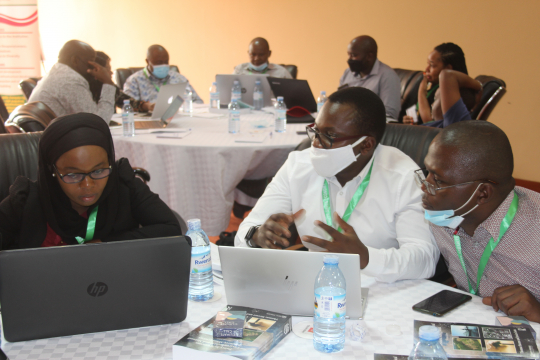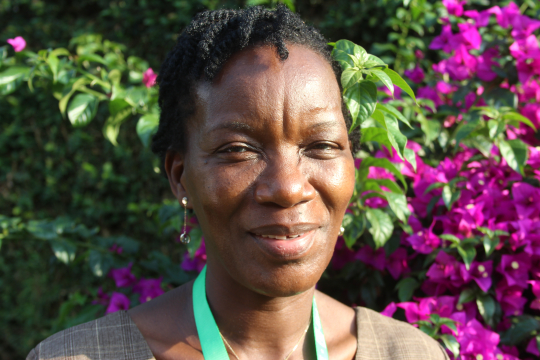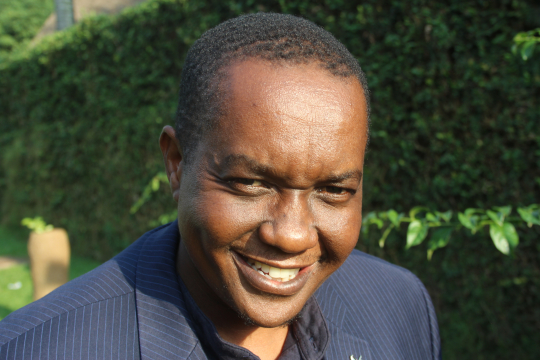“Academics needs to roll up their sleeves and get into the kitchen,” says one of the IGE Fellows, Maris Wanyera. IGE researcher Richard Mulwa replies, “but the kitchen door is closed!”
We are sitting in a room with civil servants (IGE Fellows) from ministries in five East African countries and researchers from the region, and we wonder: Can our joint efforts in this IGE capacity-building program be the key to the door?
Let’s dig into the ingredients directly. Charcoal is a joint challenge in the region, leading to inhouse emissions, health issues problems as well as increased pressure on the forests and the climate. So, the question is how to regulate it?
Increased demand for charcoal
The Inclusive Green Economy (IGE) in practice program aims to build capacity to target these issues through the use of economic policy instruments (e.g. taxes, fees, and subsidies) to ensure an economic development that is both inclusive and green. Kenya has a regulation on the production of charcoal via a ban, while Tanzania has opted for a tax. Both these policy instruments have led to an increase in the demand for charcoal from their neighbor Uganda – increasing the pressure on their forests.
This is just one example of incredibly interesting peer-learning on joint challenges and different solutions that have taken place during the Joint Cross-Country Workshop in Uganda 23-25 Nov 2021. Both academics and civil servants see the need for the East African countries to join their efforts to reach IGE, learn from each other, and in some cases, like the charcoal example, aim for harmonization.
Enforcement failed
Again, and again the need for evidence-based policy instruments was addressed to find policy instruments that work in the local context. A ban on plastic bags has been implemented and enforced in Tanzania, Kenya, and Rwanda. A similar ban was implemented in Uganda but enforcement has been lacking. Several reasons on why were discussed, such as the institutional capacity, low social acceptance, lack of political will, and alternatives to plastic bags.
One conclusion from this was that information to the public through awareness-raising campaigns is an important ingredient for the successful implementation of policy instruments. Ethiopia is considering introducing a ban on plastic bags and highlighting the usefulness of learning from their peers.
Roll up our sleeves!
The joint efforts during this workshop got the civil servants and academics into the same kitchen, beginning to create recipes for policy mixes that leads us towards IGE. Let’s discuss these recipes with policymakers to roll up our sleeves for a decade of action!


